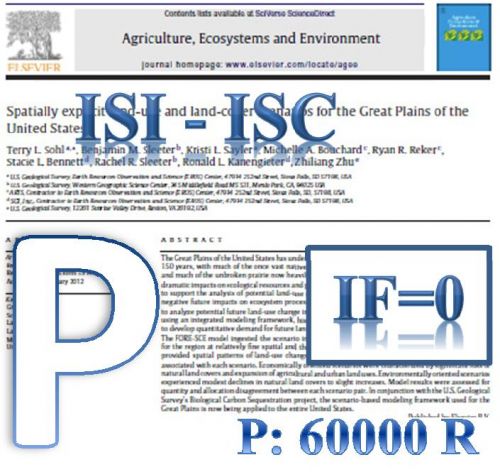Escherichia coli is recognized as a major food-borne pathogen of humans and animals world-wide. The strains of E. coli have become increasingly resistant to antibiotics, partly as a result of genes carried on integrons. The aim of the study was to investigate the association between the existence of integrons and antibiotic resistance in E. coli strains isolated from human and animal sources in the Alborz and Isfahan provinces of Iran. Materials and Methods. Twenty samples were collected from cattle and sheep at Isfahan province and poultry and humans at Alborz province. E. coli was isolated from these samples using standard biochemical and bacteriological techniques. Antibiotic resistance and sensitivity were determined using the Kirby–Bauer disk diffusion method. A duplex polymerase chain reaction was used to amplify the Int1 and Int2 genes of class 1 and 2 integrons. Results. A total of 33 from 80 isolates (41.25%) contained integron-associated genes. Among these, 25 isolates (31.25%) harbored class 1 integrons; while 8 isolates (10.0%) contained class 2 integrons. Resistance to more than 6 antimicrobial agents was observed among the integron-positive strains. Conclusion. Our findings showed that integrons were widely spread among E. coli isolated in the Alborz province. Thus, regular surveillance and monitoring of antimicrobial drug resistance in humans and animals in Iran should be performed and should include molecular screening for integrons.
کلید واژگان :integrons; antibiotic resistance; Escherichia coli.
ارزش ریالی : 1200000 ریال
با پرداخت الکترونیک
